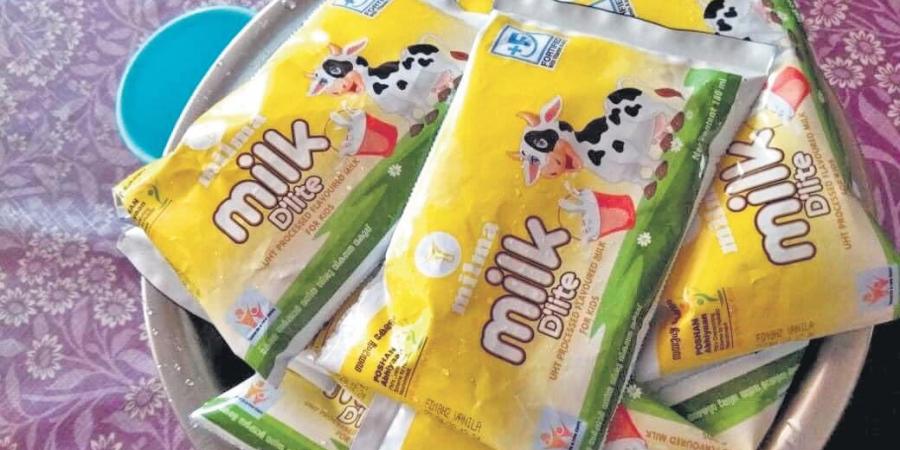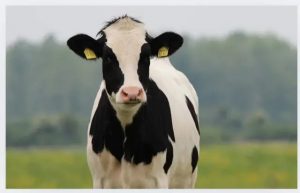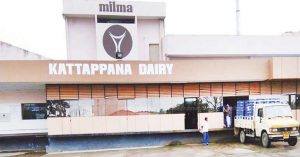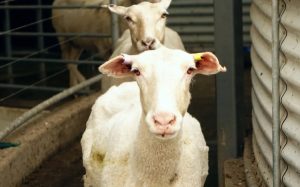When the dairy farmers could not sell their milk directly on a daily basis, they resorted to the societies, from where the Kerala Cooperative Milk Marketing Federation (Milma) collected the excess quantity.
Tetra packets and the conversion of excess milk into powder helped the procurement and sale in Kerala, says Thomas Abraham, marketing head of Ernakulam Region Cooperative Milk Producers’ Union Ltd. Four central districts — Ernakulam, Kottayam, Idukki and Thrissur — fall under ERCMPU.
Milma could not procure the entire milk produced by the dairy farmers during the triple lockdown. The federation suggested two options before the farmers — either to procure milk at a lesser rate (20% less) or to send them to be converted into milk powder.
“Kerala does not have a plant to convert milk into powder, we do it in Tamil Nadu, Andhra Pradesh and Karnataka. When lockdown was enforced in Tamil Nadu, our tankers were stopped there. However, we could get more tankers from Maharashtra and the problem was solved and farmers were provided with normal rates for their milk. A huge loss could be thus averted,” said Thomas.
From the region, around 1.4 lakh litres of milk was sent daily to be converted into powder (during triple lockdown). Fortunately, we could procure the full quantity of milk from the societies. Milma’s own parlours were allowed to operate, but they were very few in number (four in the district). Two days after the triple lockdown was implemented, the district administration allowed the opening of 45 more own parlours. This reduced the pressure for conversion.
Sixty per cent of Milma’s sales are through domestic customers while institutional sales form 7-8%. During the initial lockdown, some of the procured milk was sent to be converted into milk powder and the rest was sent to the Thiruvananthapuram region.
When triple lockdown was implemented, shops were allowed to open only on alternate days. So, sales also halved during those days. Till then, the milk sale in the area was nearly four lakh litres per day. Nearly 3.8 lakh litres was the procurement rate. This came down to 2 lakh litres per day. At that period, we resorted to home delivery options to meet the target.
Shuddhi tetra packets
Malabar region produces more milk — nearly eight lakh litres per day. The excess quantity was being handled by Ernakulam and Thiruvananthapuram regions. During lockdown, a major quantity of this excess milk was converted into Ultra Treated Milk which, in tetra packets, has six-month life span. Titled Shuddhi, it was launched two weeks ago. Once triple lockdown was lifted, sales increased again and reached around 3.4 lakh per day, though there is a difference of 60,000 litres per day compared to the pre-lockdown days.
Status of milk powder plant
Though a milk-to-milk powder plant was constructed in Alappuzha, it became defunct due to inactivity. Kerala has excess milk production only in June and July and the plant was left unused in other months. The plant has been in usable condition for nearly eight years.
Lack of veterinary doctors
Aravind Krishnan, owner of Aravind Farm House, said that more than milk procurement, the farmers suffer from lack of veterinary doctors, since the pandemic broke out. Direct customers reach the farm and the extra quantity is given to societies. “Mine is a 40-unit farm and the vaccination for cows could not be carried out for the last one and a half years. They suffer from foot and mouth disease. Their food intake and milk production has reduced,” he said.

















